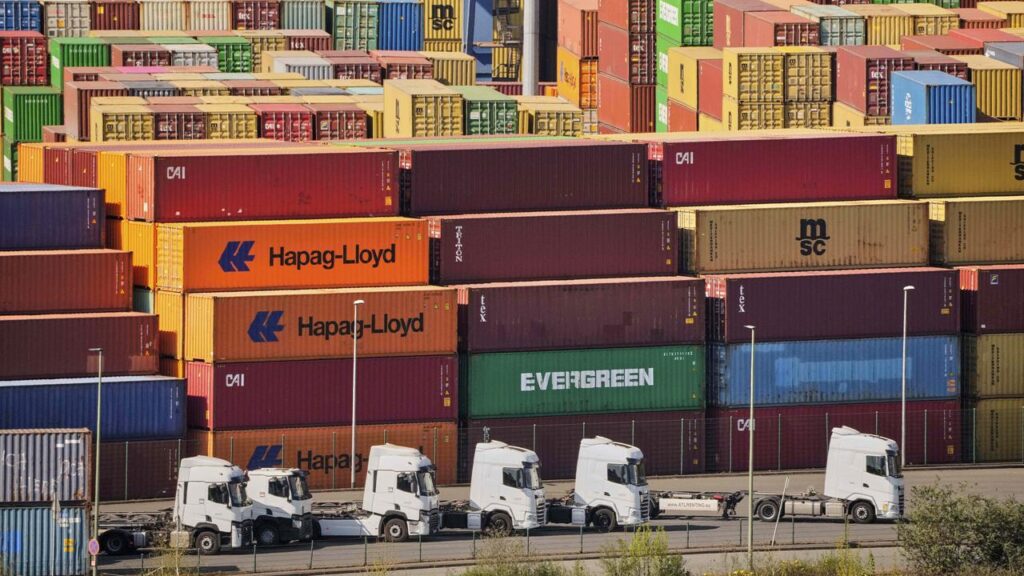Japan and S.Korea seek to soften Trump tariff blow
Jeff Mason and Leika Kihara |

Powerhouse Asian economies Japan and South Korea will try to negotiate with the US to soften the impact of sharply higher tariffs that President Donald Trump now plans to impose from the start of August.
Trump ramped up his trade war again on Monday, telling 14 nations that they would face tariffs ranging from 25 per cent for countries including Japan and South Korea, to 40 per cent for Laos and Myanmar.
However, with the start date pushed back to August 1, those countries are focusing on the new three-week window to press for an easier ride.

Japan wanted concessions for its large automobile industry, top trade negotiator Ryosei Akazawa said on Tuesday.
Akazawa said he held a 40-minute phone call with US Commerce Secretary Howard Lutnick in which the two agreed to actively continue negotiations.
However, he said he would not sacrifice Japan’s agriculture sector – a powerful political lobby domestically – for the sake of an early deal.
South Korea said it planned to intensify trade talks over the coming weeks “to reach a mutually beneficial result”.
Asked if the latest deadline was firm, Trump replied on Monday: “I would say firm but not 100 per cent firm.
“If they call up and they say we’d like to do something a different way, we’re going to be open to that.”

Market reaction was muted as investors assessed the latest twist in the long-running trade saga.
The European Union, which is the largest bilateral trade partner of the US, aimed to strike a deal before August 1 with negotiations focused on “rebalancing” and concessions for certain key export industries, a European source familiar with the negotiations said.
Some EU sources had said late on Monday that the bloc was close to an agreement with the Trump administration.
This could involve limited concessions to US baseline tariffs of 10 per cent for aircraft and parts, some medical equipment and spirits.
Only two deals have been struck so far, with Britain and Vietnam.
Washington and Beijing agreed to a trade framework in June, but with many details still unclear, traders and investors are watching to see if it unravels or leads to a lasting detente.
Trump’s trade tactics were making it hard for nations and businesses to plan with any certainty, the executive director of the United Nations trade agency said on Tuesday.

“This move actually extends the period of uncertainty, undermining long-term investment and business contracts, and creating further uncertainty and instability,” Pamela Coke-Hamilton, executive director of the International Trade Centre, told reporters in Geneva.
Trump said the United States would impose tariffs of 25 per cent on goods from Tunisia, Malaysia and Kazakhstan, with levies of 30 per cent on South Africa, Bosnia and Herzegovina, climbing to 32 per cent on Indonesia, 35 per cent on Serbia and Bangladesh, 36 per cent on Cambodia and Thailand and 40 per cent on Laos and Myanmar.
A Bangladesh team in Washington was scheduled to have further trade talks on Wednesday, an official said.
The US is the main export market for Bangladesh’s ready-made garments industry, which accounts for more than 80 per cent of its export earnings and employs four million people.
“This is absolutely shocking news for us,” Mahmud Hasan Khan, president of Bangladesh Garment Manufacturers and Exporters Association, told Reuters on Tuesday.
“We were really hoping the tariffs would be somewhere between 10-20 per cent. This will hurt our industry badly.”
Reuters